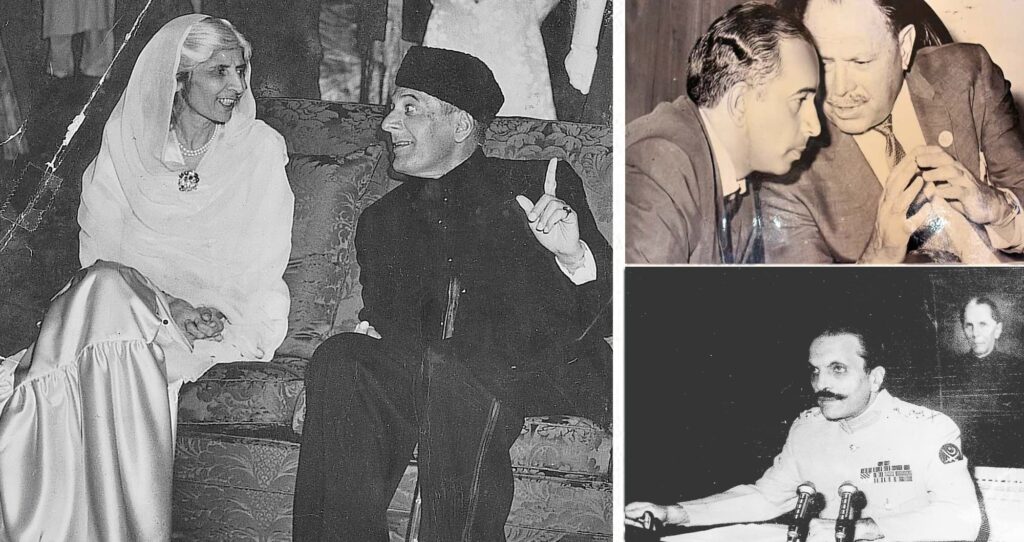This week, The Students’ Herald is recalling two tragic events from our country’s history. The first event is the military coup led by General Ziaul Haq against the government of Zulfiqar Ali Bhutto. The second event is the demise of Mohtarma Fatima Jinnah, sister of the founder of this country, and a staunch defender of democracy.
On July 5, 1977, General Zia toppled the PPP’s government in coup de tat. There was no logical reason behind this ‘Shab Khoon;’ a powerful and popular prime minister was put behind bars overnight. Bhutto’s rule was not perfect, but his party had emerged out of the 1968 movement. The people of this country felt a greater stake in his government than that of General Ayub Khan.
The only accord was provided by an alliance with mullahs and other right wing groups having a weak narrative. A tragic tale of war and destruction of people, land, economy, homes, culture and thought followed this coup. We, the people, continue to live in the shadow of the policies that were implemented by General Zia’s regime to this day. An example of this is the havoc wreaked on our education system. Academia was the main tool used to alter the public attitudes to sustain war. Student unions were banned by the dictatorial regime and progressive elements were rooted out and persecuted in universities and in society. These traditions continue to haunt us as ‘norms’. The most recent example of the effect of Zia’s rule today is the dismissal of many progressive academics in universities in a bid to silence dissent and the burgeoning student movement across the country.
Fatima Jinnah died on July 9, 1967. She had spent the final years of her life leading the resistance against another dictator, General Ayub Khan. It is said that General Ayub was disliked by Muhammad Ali Jinnah, the founder of Pakistan and he had warned the political leadership of Pakistan about him many times. It was a pattern of constant manoeuvring that finally led to the hijacking of state machinery by Ayub Khan. He properly introduced a system of bureaucratic authoritarianism and capitalist exploitation. Fatima Jinnah stood against this authoritarianism and injustice, and all the pro-people forces sided with her. Our state and society would have been very different today if her side had emerged victorious in this struggle. Ayub Khan left behind the legacy of a weak federation, permanently amputating the country.
These two eras of dictatorships in the past have shaped the present. Authoritarianism, extremism, religious fundamentalism, imperial and neo-liberal exploitation, ethnic and religious oppression and anti-people policies all have their roots in these regimes. Our people did fought fiercely against these hegemonic forces, and it is our task to remember and take inspiration from these struggles. At the same time, we must lose sight of our main task: to build a new society based on principles of solidarity by overthrowing this wretched reality.
The Students’ Herald News Desk focuses on reporting the latest news regarding student politics and campus updates to you.
The News Desk can be reached at admin@thestudentsherald.com




